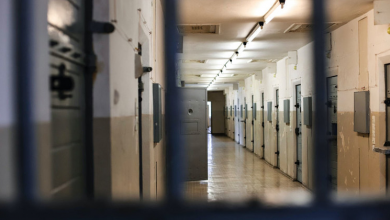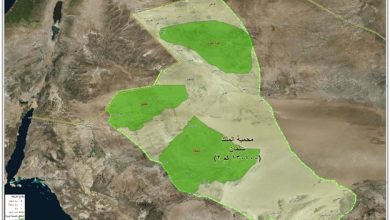Three Saudi officials involved in smuggling Egyptian antiquities
Egyptian sources revealed that three Saudi officials were involved in smuggling Egyptian antiquities and that Riyadh is moving to contain the crisis.
The sources stated that the recent visit of Saudi Foreign Minister Faisal bin Farhan to Cairo to attend the meetings of the Egyptian-Saudi Joint Committee was an opportunity to talk about details related to the case, which the Egyptian judiciary is currently considering, related to smuggling and trafficking in antiquities.
The sources said that the Saudi minister came to Cairo with an important message, because of the talk about the involvement of three Saudi personalities in the case.
They added that the message that bin Farhan carried aimed at searching for a way out of this predicament, which is related to the Saudi suspects, whose names were mentioned in the investigations and investigations.
The sources pointed out that the meetings of the Egyptian-Saudi joint committee, which the Saudi minister was said to have attended, were scheduled to be held at the level of the two deputy ministers, before the Saudi side informed officials in Egypt, in the presence of Faisal bin Farhan, to carry a high-level message.
The sources revealed new scenes related to the significant antiquities case, which was recently referred to a trial involving businessman Hassan Ratib, the Emirati ambassador to Egypt Hamad Saeed Al Shamsi, and former Egyptian MP Alaa Hassanein.
They explained that businessman Hassan Ratib confirmed during the investigations that the antiquities under accusation left Egypt with the knowledge of official bodies, entered the UAE with the knowledge of official bodies and that his role was no more than a mediator in this case.
The sources stated that Rateb confirmed during the investigations that he was a victim of much more significant disagreements between prominent officials in the two countries about Egypt and the UAE.
The sources also revealed that the Emirati ambassador in Cairo, who was recently deported, was not the only Emirati figure involved in the case.
They indicated that there is another official at the UAE embassy in Cairo, who was also withdrawn by his country after the bombing of the case, and two other Emiratis, one of whom is a famous businessman.
A special source said that the bombing of the case is an essential episode of the tension in Egyptian-Emirati relations, against the background of several files related to regional issues.
The source explained that although the Egyptian side was informed that the former ambassador was subject to investigation in his country regarding the case, this did not happen, as he was transferred to work in one of the UAE Ministry of Foreign Affairs departments related to the European Relations Department.
He pointed out that the former Emirati ambassador is related to the Emirati National Security Adviser, Tahnoun bin Zayed.
The Egyptian police had arrested the defendants in the case, with 201 antiquities in their possession, including two wooden sarcophagi engraved with hieroglyphs, a set of amulets representing different deities, another set of amulets, and 3 stone pieces inscribed with Pharaonic inscriptions.
The seized antiquities also included a stone offering table, two black basalt dishes, 4 vases of different sizes, an alabaster bowl, and 24 pieces of pots of different shapes and sizes.
Also, they seized 3 small pots of alabaster, a small green jug, 6 pieces of pottery in the form of a small pot, and 36 statues of different lengths. The artefacts were seized, and the prosecution was notified, which started investigations.
At the beginning of this week, the Cairo Criminal Court felt embarrassed in the Great Antiquities case, in which the defendant Ratib, Alaa Hassanein, nicknamed “the deputy of the jinn and the demons”, and 21 other defendants, and referred it to the Cairo Court of Appeal to determine another circuit to consider.





